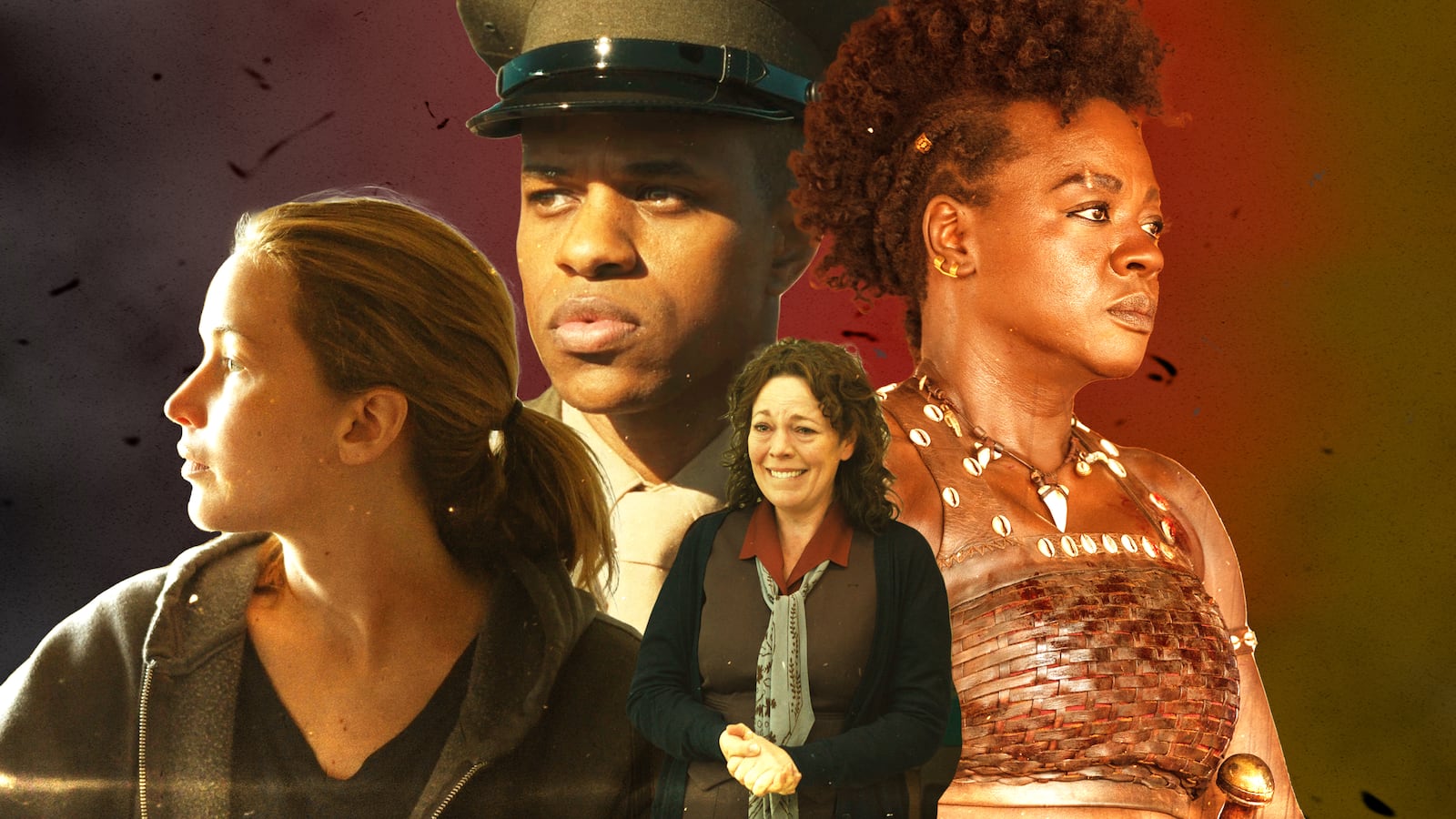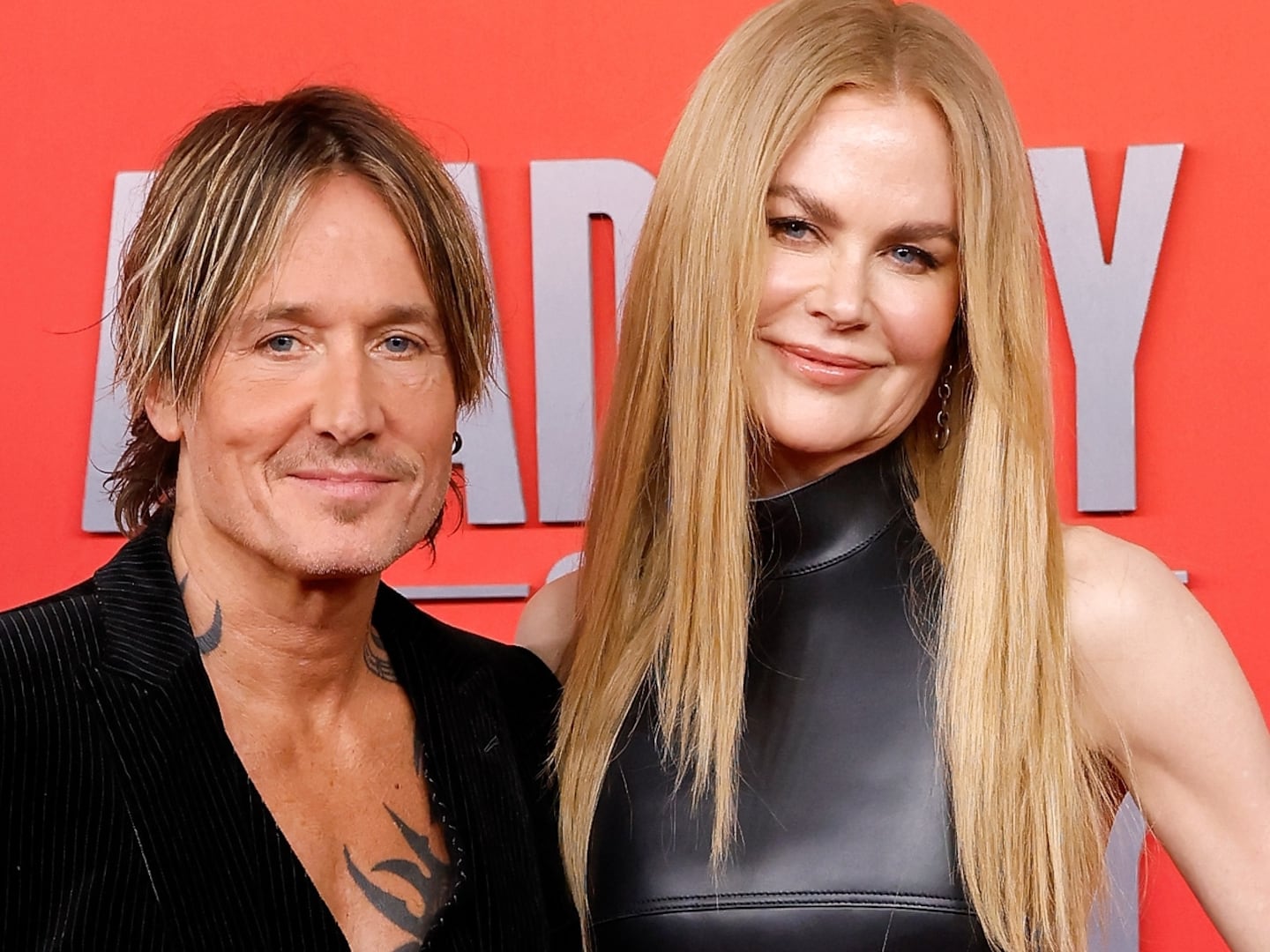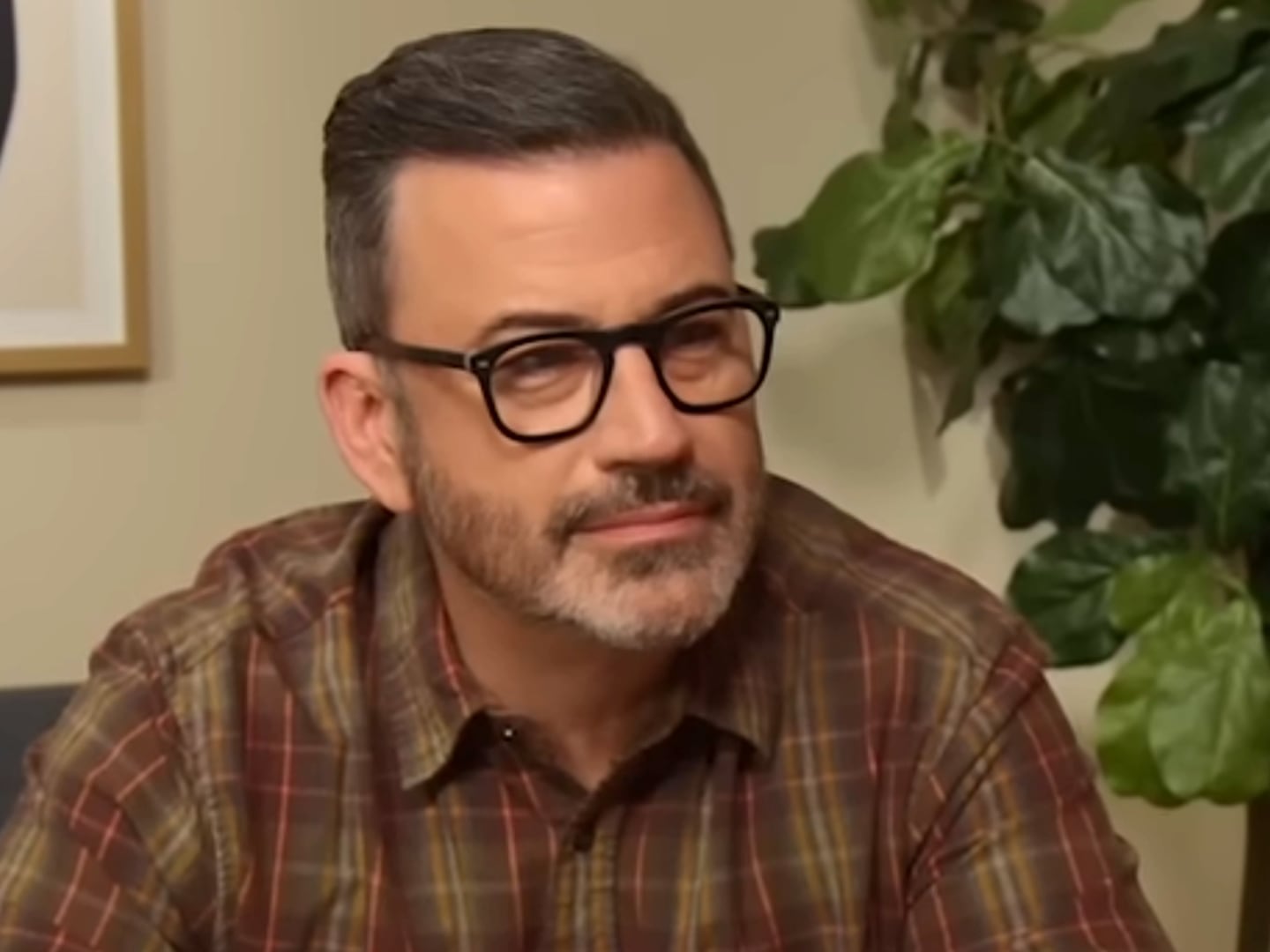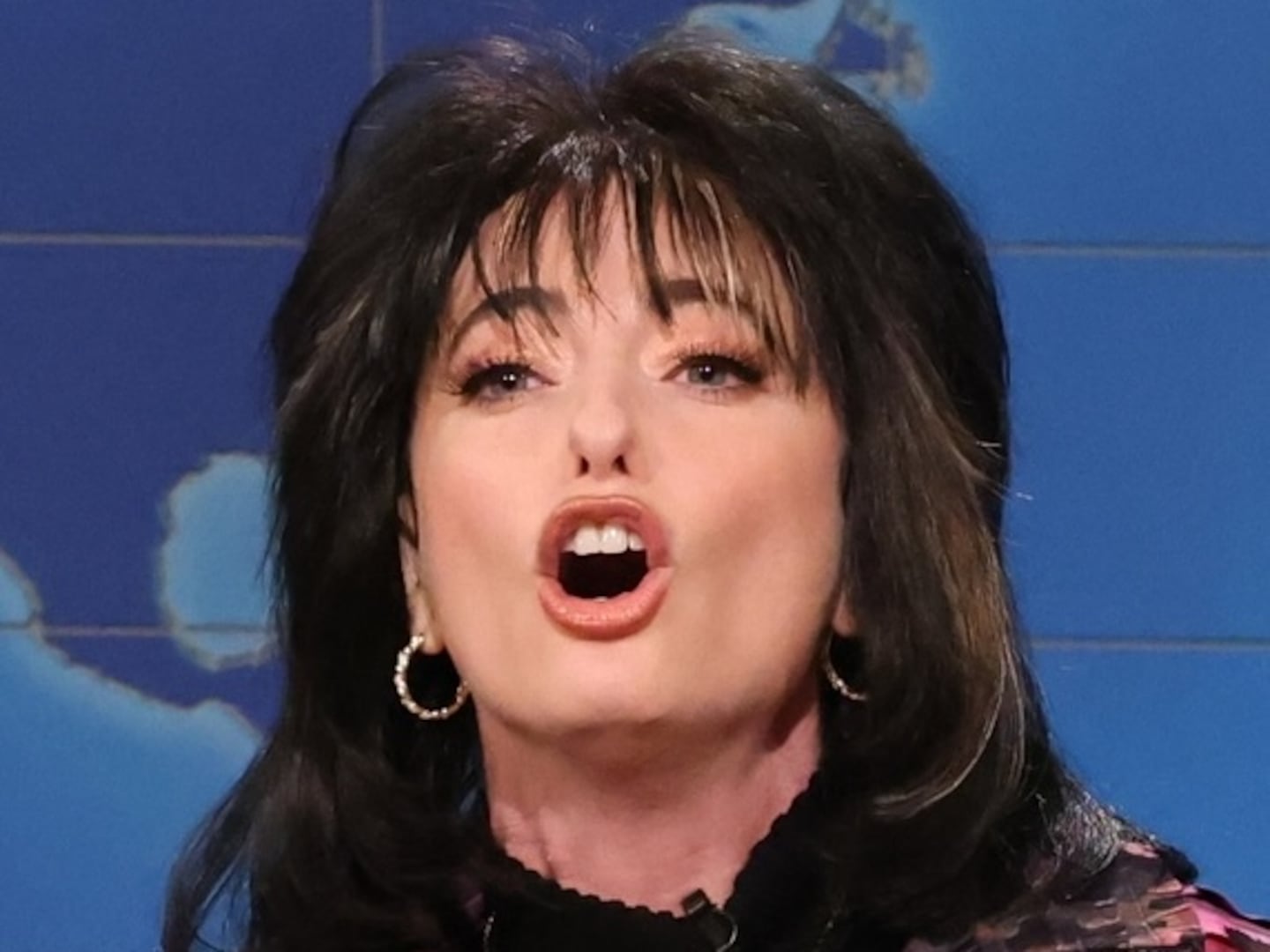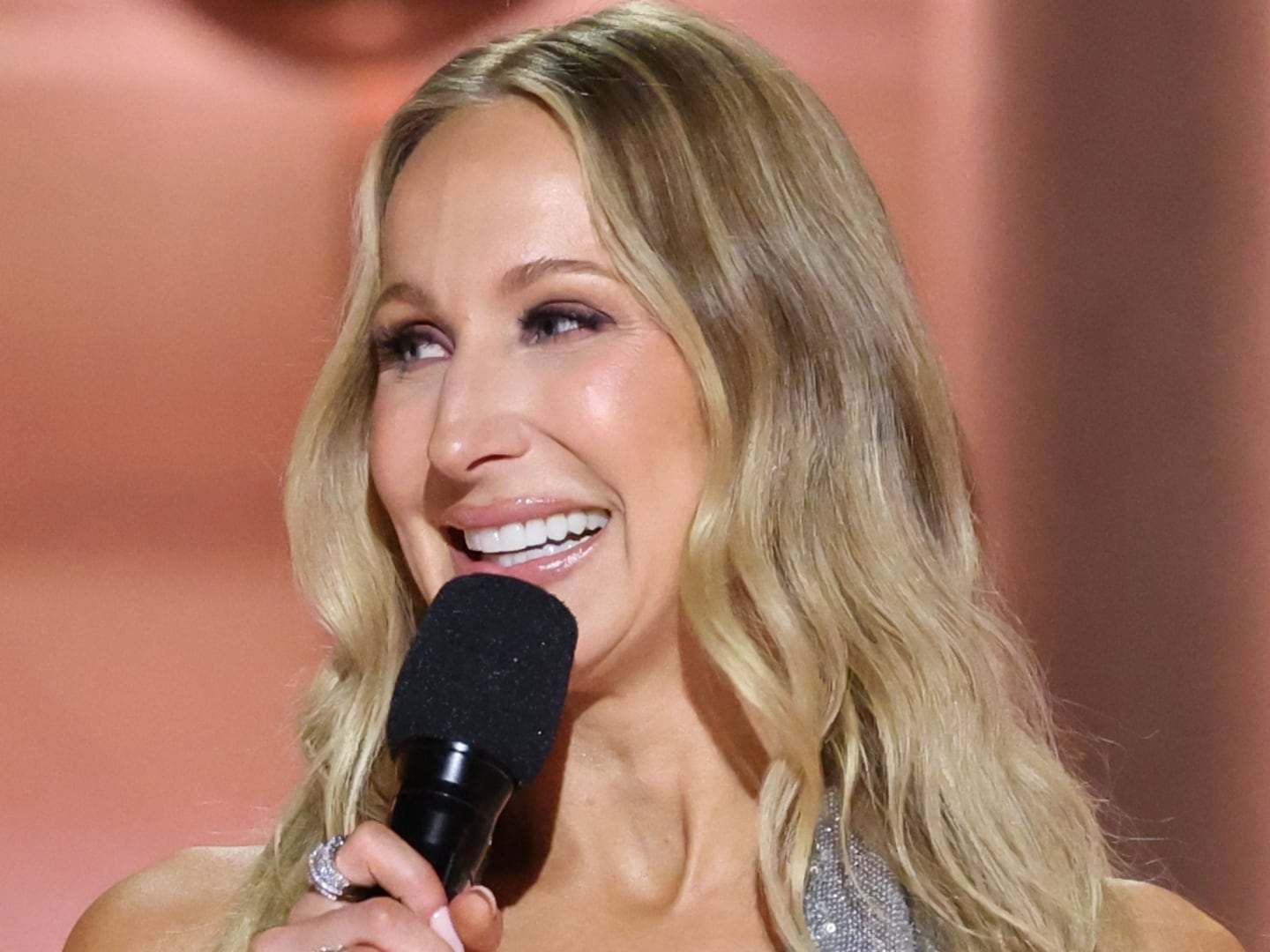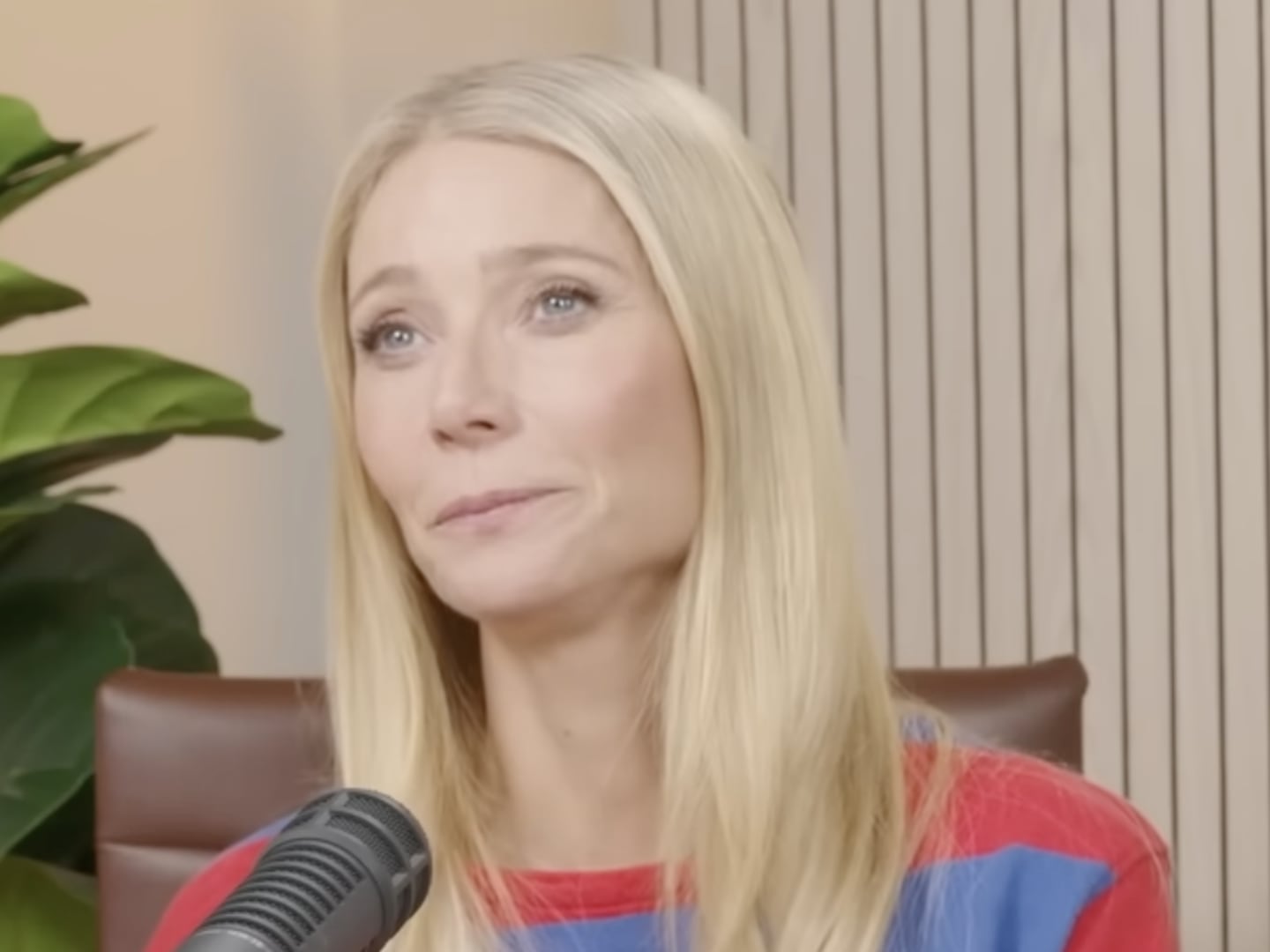The Toronto International Film Festival is finally coming to a close, and it leaves behind a feast of performances that people will be talking about once they reach audiences.
For some, this means the beginning of a months-long run up to the Academy Awards—after all, TIFF is nothing if not the starting gun in the Oscar race. As with any festival, there were some disappointments among the awards hopefuls that will have to fight to stay afloat in the months ahead. This included the critically bashed (Harry Styles in My Policeman), bland nonstarters (Florence Pugh in The Wonder), and blatantly awards-hungry misery porn (oy to The Son, ditto to The Whale).
But for other performers, a breakthrough festival performance can completely change their standing or how they are seen in a fickle and competitive industry. Awards rat race aside—though expect to see some of these names at the finish line—here are the best, most memorable performances we saw at this year’s TIFF.
Paul Mescal - Aftersun
The festival featured a handful of films that focused on mental health issues, but there was no performance in any of them as powerful as Mescal’s portrayal of a father trying to stifle his inner turmoil while on vacation with his preteen daughter. The film is constructed as a memory, and, like the people that exist in our own most complicated memories, Mescal makes us feel like we can see who this father is entirely, while he simultaneously remains a complete enigma. It’s a quiet but searing performance, and the one that haunted me most throughout the festival.
Dolly De Leon - Triangle of Sadness
De Leon barely appears in this year’s Palme d’Or winner. But once her yacht maid Abigail takes center stage in its island-bound third act,, the actress dominates. Though Triangle of Sadness errs on the side of mania for most of its runtime, De Leon delivers an uproariously deadpan, horny, and uncompromising turn that grounds the film in its final stretch, becoming the undeniable MVP of its large and globe-spanning ensemble. Already a major name in her native Philippines, we’ll be keeping our fingers crossed that Hollywood recognizes her as the film enters the Oscar race.

Colin Farrell - The Banshees of Inisherin
This feckin’ guy. If there is a quintessential Martin McDonagh performer (outside of his theater work, at least), it’s Colin Farrell. But here, Farrell also plays what might also be the quintessential McDonagh character in Pádraic, a dim-witted and determined Irishman declaring war on the bestie that unceremoniously unfriends him. Farrell is as hilarious as expected, especially when Pádraic is wounded by dismissals of his nice-guy demeanor. But it is the faint glimmer of darkness beneath his affability that lingers most.
Viola Davis - The Woman King
Viola Davis, Action Star is finally here, and it’s the complete success we had hoped for. It's further proof that, as one of our finest movie stars, she can truly do anything. Her performance as the warrior Nanisca takes big emotional swings, while still managing to keep the massive epic grounded in its human story. Could she be the first Best Actress nominee for an action film since Sigourney Weaver in Aliens? Fingers crossed!
Bill Nighy - Living
In this remake of Akira Kurosawa’s Ikiru, adapted by genius author Kazuo Ishiguro and repurposed to post-WWII London, Nighy stars as a city bureaucrat who reassesses his work-a-day life when faced with a terminal diagnosis. As he examines the purpose of his life, the actor’s quakes of emotion result in a minimalist powerhouse. We have seen Nighy working close to this register before (imagine About Time without all the grand monologues) and the film sounds like a sappy bummer, but it’s difficult to avoid the maudlin as adeptly as Nighy does here. And he sings!
Isaiah Lehtinen - I Like Movies
This Canadian teen comedy gem was one of the big discoveries of the festival—think Juno starring a film bro and set in a Blockbuster—as was its lead young actor, who provides the film’s bitingly funny and surprisingly moving core. Lehtinen stars as Lawrence, the kind of know-it-all, Kubrick-obsessed teenage boy that would typically be the most annoying kind of protagonist. But Lehtinen’s charismatic portrayal (along with Chandler Levack’s thoughtful direction) turns Lawrence’s story into one of the funniest and most compassionate coming-of-age films in recent years.
Tang Wei - Decision to Leave
Wei is most known to American audiences for her towering work in Ang Lee’s erotic thriller Lust, Caution. Here, she is once again entangled in a torrid and deeply deceptive affair, portraying a woman whose husband dies under suspicious circumstances. The film first luxuriates in a did-she-or-didn’t-she noir before diving headlong into morbid, swoony romance, with an enigmatic Wei not revealing the character’s cards too early. When the movie unlocks, so does she, in a deeply fascinating, wholly arresting fashion.
Lea Seydoux - One Fine Morning
As a woman grappling with her father’s dementia and a love affair with a married man, Seydoux gives her most vulnerable performance yet—and one that is deeply relatable. Though it’s a role that requires Seydoux to spontaneously burst into tears multiple times, her work in Mia Hansen-Løve’s latest is most moving in its quiet moments. One Fine Morning could potentially be France’s submission for the International Feature Oscar, but voters should also take notice of how Seydoux captures the everyday pains of loving and losing.

Jeremy Pope - The Inspection
We’ve already highlighted the incredible work from Gabrielle Union in the film, but Pope is equally as affecting at the film’s center. Standing in for writer-director Elegance Bratton’s true-life experience entering the military to win the favor of his homophobic mother, double Tony-nominee Pope transitions his dynamo stage charisma into film. He’s an undeniable emotional force.
Aaron Pierre - Brother
After his brief role in Barry Jenkins’ The Underground Railroad limited series, Pierre makes an even stronger impression in this intimate Canadian drama that follows two brothers and their immigrant mother, who are grappling with the psychological weight of violence, racism, and dashed dreams. The actor’s turn as the eldest son is a tempest of rebellion, brooding affection, and heartbreak, proving Pierre is a major star in the making.
Honestly, Basically Everyone in The Fablemans
Of all the movies in which it’s difficult to shout out a single performer, Spielberg’s autofictional The Fablemans reigns supreme. Michelle Williams, as the director’s complicated mother, has the most to work with and aces the character’s manic swings and buried regret. In only about ten minutes of screentime, Judd Hirsch bottled-rocketed the premiere’s audience into the stratosphere as an eccentric, wise, and hilariously terrifying uncle. Gabriel LaBelle has the impossible task of both playing (a version of) young Spielberg without getting lost among his showier and more famous co-stars. He delivers an incredibly charming and unmannered performance. Who knew Seth Rogen could be so tender?! But the one performance you have likely (and unjustly) heard the least about is its best: Paul Dano as the emotionally reserved, pragmatic Fableman patriarch. It’s the performance of Dano’s career, one filled with understated, heart-shredding grace notes at The Fablemans’ most moving moments.
Tilda Swinton and Tilda Swinton - The Eternal Daughter
The best film of the festival is matched by the elusive performance at its center. After The Souvenir films, Joanna Hogg’s cinematic autofiction continues in gothic mode with Tilda Swinton playing both a stand-in for the director and her mother. The daughter is all hand-wringing desperation to understand an elusive mother, who doesn’t wish to be perceived so intensely. Both performances are a reflection of our inability to understand those closest to us; it’s a duality that maybe only Swinton could have achieved with this level of slow-burn feeling and unflashy, but moving eccentricity.
The various donkeys of EO
This Cannes Jury Prize-winning fantasia of human monstrousness seen through the eyes of the eponymous circus donkey is brought to life by director Jerzy Skolimowski and the six donkeys (Tako, Hola, Marietta, Ettore, Rocco, and Mela, all very good donkeys) who play him. Quite impressively, the film makes EO feel like a true character, holistically revealing his fear, petulance, curiosity, and comfort as a film would any human protagonist. Babe who??
Vicky Krieps - Corsage
Corsage is nothing if not a monument to why Krieps has become one of the most arresting screen presences in recent years: She thrives at playing characters who never quite react as you’d expect. Here, Krieps’ portrayal of the Empress Elisabeth of Austria as she turns 40 is a deeply physical and wickedly funny one—even when she barely moves a muscle, tossing glares and half-enthusiastic middle fingers with equal heft.
Olivia Colman - Empire of Light
Director Sam Mendes’ latest, a tribute to moviegoing as a dying and unifying force, is underwhelming and scattered—but that doesn’t keep Oscar-winner Colman from delivering another fully realized performance as a theater employee falling in unexpected love and struggling with mental illness. Once again, she gives a full emotional commitment to a role, reaffirming that she is the kind of unique, powerful actor whose films are never less-than-watchable simply because of her presence alone.

Judith Ivey - Women Talking
While the latest directorial effort from Sarah Polley is another film that would have merited a mention for its entire ensemble, its the stalwart Ivey that packs its mightiest emotional punch as a Menonite matriarch subjected to the pervasive sexual abuse endemic in their community. While some of the film’s headliners (among them Claire Foy, Jessie Buckley, Ben Whishaw) have already earned talk of Oscar nominations, it's Ivey who would deserve it most.
Zar Amir Ebrahimi - Holy Spider
Already awarded Best Actress at the Cannes Film Festival last May, Ebrahimi plays a fictional journalist in pursuit of the real-life Spider killer, an Iranian vigilante who murdered over a dozen sex workers in the city of Mashhad. The actress carries not only the film’s tension in her defiant pursuit, but also its anger when faced with systemic indifference. For what could be a rote audience surrogate character, she creates something visceral and human in her outrage.
Jennifer Lawrence and Brian Tyree Henry - Causeway
Causeway entirely hinges on these two actors, who bring out the best in each other while working within a fire-in-the-belly minor key. They both star as hollowed loners with lingering familial demons (Lawrence is a soldier recovering from combat-related traumatic injuries; Henry is a mechanic burdened with regret), but their incredible chemistry plays like two open wounds being rubbed together.
Park Ji-Min - Return to Seoul
In her first film role, Park Ji-Min plays a young French woman named Freddie who visits her birth family while on vacation in South Korea. The film then follows her throughout the next decade, with the actress convincingly playing Freddie as she ages and experiences tidal shifts in her identity—especially when it comes to her relationship with being an adoptee. It’s a wildly impressive debut performance, at once cool-as-fuck and precise in depicting Freddie’s psychological evolution. Plus, she has the most enviable dance moves the movies have seen in years.
All of the Cameos in Glass Onion
Much respect to the main cast of this Knives Out sequel (especially Kate Hudson’s comic brilliance as a famous model prone to cringe and a radiant Janelle Monáe), but it’s the film’s many, many, many cameos that are going to have people talking. Spoiling any number of them would be a crime that should be punishable by grave public shaming. One made me cry. Another (receiving a solo credit in the film’s final credits portraits) made me both hoot and holler with homosexual glee. The funniest one is voice-only, in the most deranged way. Cumulatively, they are almost too much, but each will be fun to gasp over together when the film arrives on Netflix in December (and in theaters at a date TBD).

